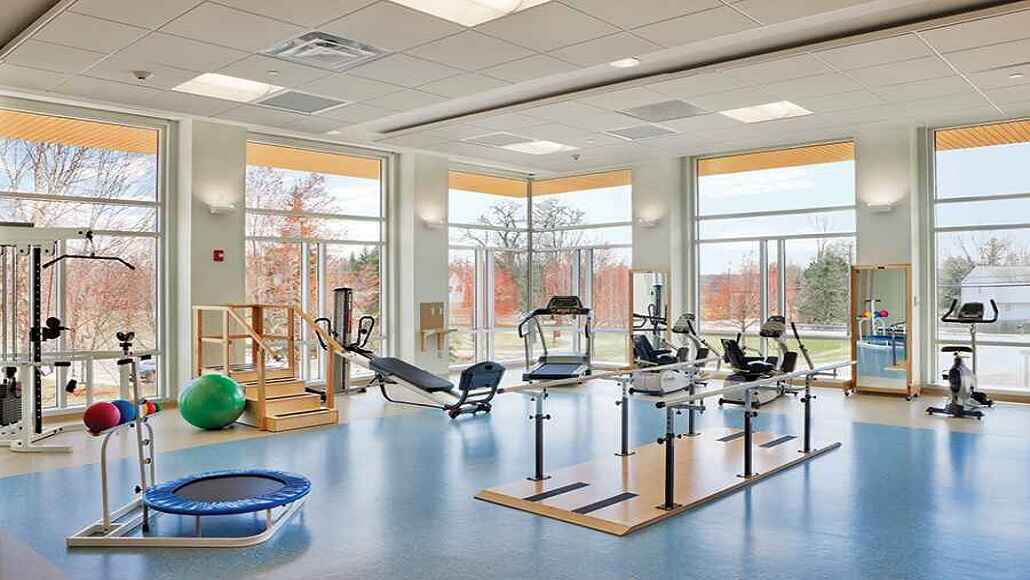When we think about addiction recovery, we often picture therapy sessions, support groups, and personal breakthroughs.
But behind every life transformed at a rehab center stands an invisible force that ensures these moments of healing are possible: the facility managers. These unsung heroes play a quiet but vital role in creating an environment where recovery can truly take root.
More Than Just Maintenance: The Foundation of Recovery Begins with the Setting
A recovery facility is more than just a building; it’s a second chance for many people battling addiction. The condition of the space — from the air quality to the comfort of the furniture, the cleanliness of common areas to the functionality of security systems — all impacts the physical and emotional well-being of residents.
Facility managers are responsible for maintaining this environment, making sure it feels safe, stable, and supportive. When someone is in the fragile early stages of recovery, an organized, welcoming, and well-kept space signals that they are cared for — and that their recovery matters.
Physical Safety: The First Step Toward Emotional Security
Addiction often thrives in chaos. One of the first steps toward healing is creating a structured, predictable environment where individuals feel safe from both physical harm and emotional triggers.
Facility managers ensure:
- Fire alarms and emergency exits are fully functional.
- Electrical and plumbing systems are maintained to avoid hazards.
- Security systems prevent unauthorized access or risky behavior.
- Rooms and communal spaces are clean, clutter-free, and calming.
These details might seem small, but they create the bedrock of security that allows residents to lower their defenses and focus on their recovery.
Managing Comfort for Mental Health Support
Beyond physical safety, comfort plays a huge role in recovery. Facility managers are behind the temperature settings, the light levels, and even the soothing aesthetics of the rooms and outdoor spaces.
A comfortable, well-maintained environment:
- Reduces stress and anxiety.
- Encourages restful sleep.
- Promotes social interaction in communal spaces.
- Helps residents regulate their emotions without turning to substances.
In many ways, the environment set by facility managers provides a nonverbal affirmation: you are safe, you are valued, and you can heal here.
Collaboration with Clinical Teams
Facility managers don’t work in isolation. They’re part of a larger ecosystem that includes therapists, counselors, medical staff, and program directors. When repairs or changes are needed, facility managers work hand-in-hand with these teams to ensure the environment supports therapeutic goals.
For example:
- Soundproofing private therapy rooms for confidentiality.
- Adjusting lighting for group therapy settings.
- Designing communal areas that encourage connection but avoid overstimulation.
- Maintaining outdoor spaces for meditation, gardening, and exercise.
These collaborations ensure that the environment is always aligned with the center’s mission: to offer every client the best possible chance at long-term sobriety.
Handling Emergencies: A Calm in the Storm
Addiction recovery isn’t always a smooth road. Relapses, medical emergencies, and emotional breakdowns can happen. Facility managers are trained to handle crises swiftly and professionally, working behind the scenes to support the recovery team and residents without adding to the chaos.
Their quiet, decisive actions during emergencies prevent small issues from spiraling into major disruptions — and can even save lives.
Creating a Culture of Care
Facility managers do more than fix leaky faucets and handle repairs. They model the values of stability, responsibility, and care — the very values that people in recovery are trying to rebuild in their own lives.
When residents see someone tending to their environment with respect and consistency, it reinforces the message that they, too, are deserving of stability and self-respect.
The Final Word: A Healing Space Starts with the People Who Manage It
Addiction recovery is a complex process — and while therapy and medical care are essential, the role of facility managers cannot be overlooked. These professionals create the safe, clean, comfortable environment where healing can truly begin.
Every fixed door, every freshly cleaned room, every secure perimeter represents an act of support for someone rebuilding their life. Facility managers may work quietly in the background, but their impact on recovery is impossible to ignore.


















